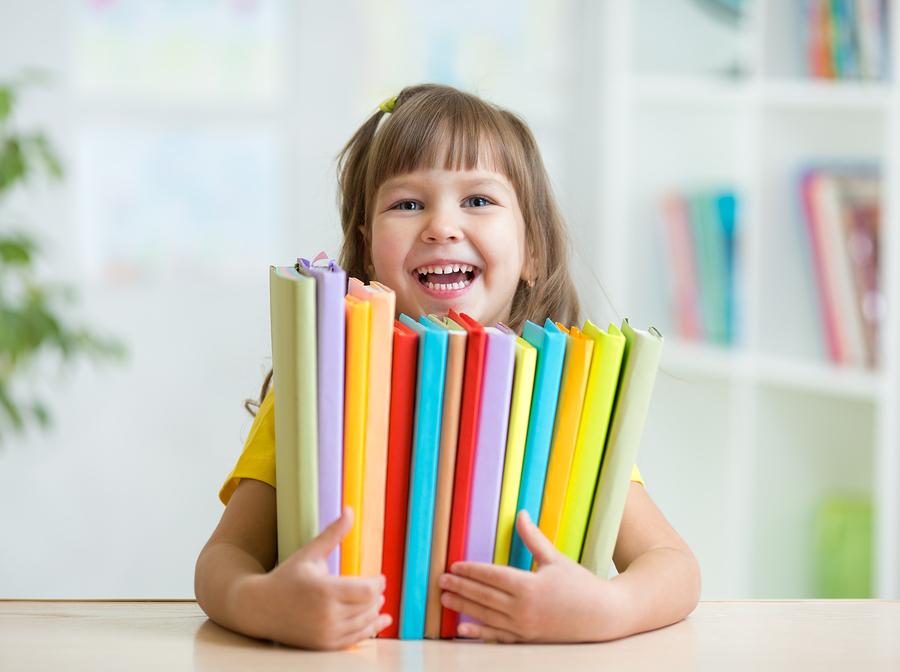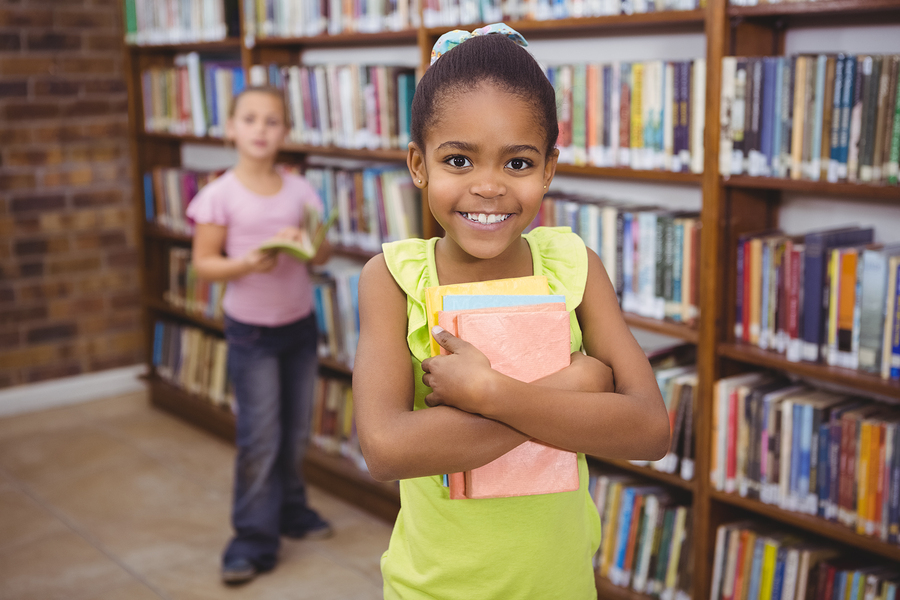We live in a digital age and have the world at the touch of our screens, but according to studies, the loss of print books and periodicals on shelves in our home can have significant repercussions on our children’s intellectual development. Fact is we just don’t have a lot of books in our homes any longer, and this digital freedom comes at a cost.
According to an article in the NY Times, digital media has trained us to be high-bandwidth consumers- not meditative thinkers, or readers who embrace diving into a lengthy article or novel.

Study shows the more books in the home the greater the intellect of the child living there.
Supporting the case for a household full of print books is a 2014 study published in the sociology journal Social Forces. In it, researchers documented the size of children’s home book collections- on the reading level of 15-year-old students across 42 nations, and quantified the impact and connection that it had with wealth, their parents’ education and occupations. Their country’s Gross National Product was also factored into the equation, to paint a picture of the economic status of the country each child was from.
Study Shows Books Are Vital to Intellectual Development
The study found that after G.N.P., the quantity of books in a child’s home was the most important predictor of their reading performance. In fact, in the U.S., the number of books on the shelf had a greater impact on student performance than their families economic status. Books were more valuable than money.
The largest impact seems to come from home “libraries” that had at least 100 books, which seemed to result in approximately 1.5 extra years of reading skill at that child’s grade-level.
Educators know this to be true and see proof of it in their classroom. Many schools have looked at similar research and implemented a nightly reading assignment for all students of at least 20 minutes per night, five days per week, for a total of 100 minutes for grades 1-5.
What This Means to Children
The results of these studies speak volumes: Owning books and having easy access to shelves filled with reading material is the best thing one can do for a child’s education and future. This also indicates the importance of getting children off to the right start, by reading to them, and setting a good example by them seeing their parents reading. Children usually mimic parental reading habits.
Few things contribute more to a student’s education than access to all the best learning tools, like textbooks and great works of fiction and non-fiction. Also the ability to write and communicate well is a vital skill for future academic (and life in general) ease and success.

Surround your children with books, read to them, and create stories together.
What Can You Do?
The answer is simple. Surround your child with books. Fill your shelves with at least 100 books from different genres, and read together, write together, and heck, you can even publish books together.
According to readwritethink.org, children learn to organize their thoughts, write and communicate better once they start writing their own stories, so encourage this through fun writing projects. Writing also helps kids to be better at reading, and to understand and connect with other people’s writing with greater ease. It sparks that imaginative spot in the brain where the love of books will reside.
There are online sites like Bookemon, one of the first to cater to teachers and parents by allowing you to create and publish your own books. It is simple and easy to use so even your children can do it with impressive, professional results.
The free software allows for endless possibilities to publish virtually any type of book. So you or your child can write and publish works of fiction, non-fiction, a memoir or even a comic book, and your kids will gain knowledge about the process of telling a good story. The variety of books you can make is limited only by the imagination.
Once you or your child has made a book, you can share it through email or social media, or you can choose to order copies of it to be printed, and add a copy to your home book shelf. Getting started is quick and easy and will open up a world of learning and love of books.